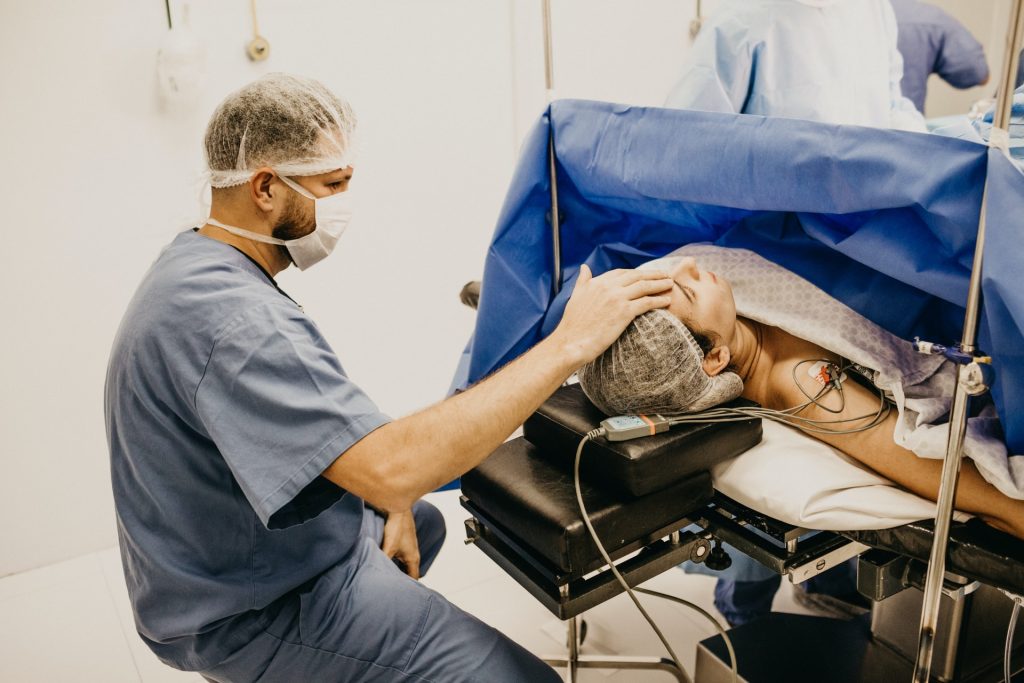
Women who suffer severe complications during their first pregnancy or delivery are less inclined to have more babies, according to a study published in JAMA by researchers at Karolinska Institutet. For Sweden, given its recent steady decline in birth rate, the researchers propose monitoring in antenatal care to address the problem.
“The clinical monitoring of these women is essential, and they need individualised advice on possible future pregnancies,” says the study’s first author Eleni Tsamantioti, doctoral student at the Department of Medicine in Solna, Karolinska Institutet.
Reduced fertility
Birth rates and fertility have both been in steady decline in Sweden over the past years. In this new population-based study, the researchers have studied the association between severe maternal morbidity in first-time mothers and the likelihood of their having a second baby. The study comprised over a million women in Sweden who had their first baby between 1999 and 2021.
“We found that the likelihood of having more children was much lower in women who had experienced severe complications during their first pregnancy, delivery or postnatal period,” says the study’s last author Neda Razaz, associate professor at the same department. “Such events can often have a physical and mental impact on women for a long time to come.”
All in all, 3.5% of the first-time mothers in the study suffered serious complications and were 12% less likely to have a second baby. Most impacted were women who had experienced cardiac complications, a ruptured uterus or severe mental health problems, who were 50% less likely to have another birth than women who had not experienced such complications.
Monitoring in antenatal care
Women who needed respiratory care or who suffered a cerebrovascular accident like stroke or intracranial haemorrhage were 40% less likely to have a second baby. Acute kidney failure, severe preeclampsia and blood clotting were also associated with a lower probability of a second pregnancy. The researchers also compared the women with any sisters they had to control for familial factors.
“The reasons are hard to speculate on and may result from multiple factors, such as decreased desire for more children, trauma, infertility related to psychiatric medications, or lack of health counselling,” says Tsamantioti. “Proper support and monitoring by antenatal care staff is therefore essential for women who have suffered serious health problems during pregnancy or delivery.”
Source: Karolinska Institutet

